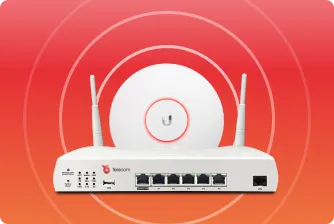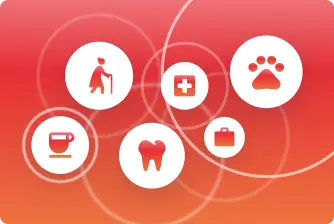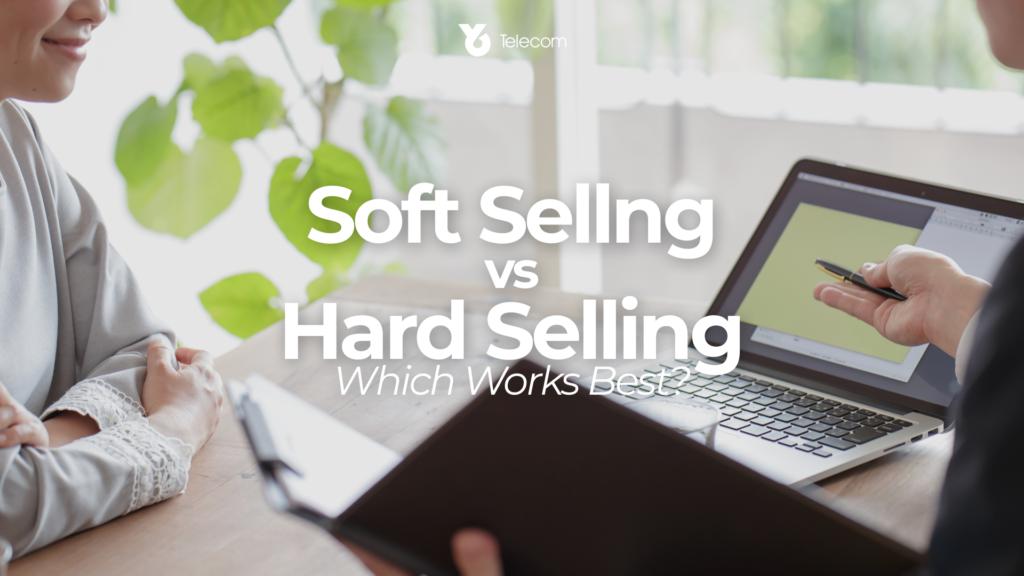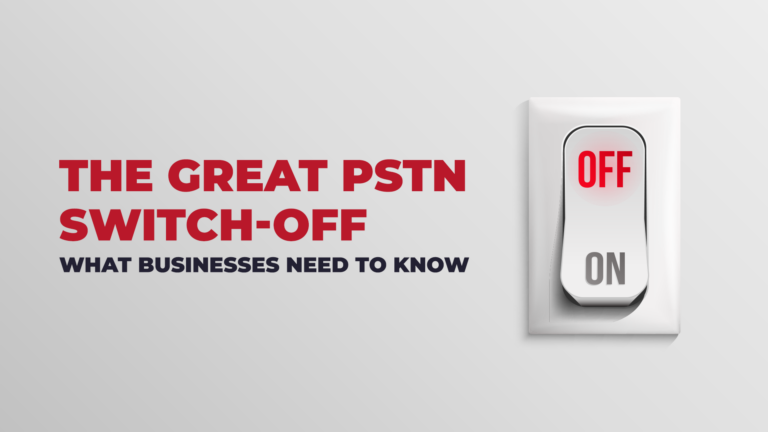When you are making a sale or trying to connect with a prospective customer or client, there are many tactics you can use to approach the situation. While everyone has their own unique way of doing things, most tactics can fall under two general approaches – the Soft Sell and the Hard Sell.
Hard Sell vs Soft Sell
The simplest way to differ between a hard sell and a soft sell is that a hard sell is a short-term and more direct sale, while a soft sell is an long-term and usually indirect sale.
In our latest blog post, we’ll take a closer look at both Hard Sell & Soft Sell approaches – what they are, why you might use them, and the pros and cons of both.
What Is Soft Selling & Why Would You Use It?
Soft Selling is a holistic and natural approach to client communication – it is an advertising strategy which avoids using aggressive or forceful language. It instead focuses on subtle and gentle speech that will draw your customers closer rather than potentially frustrating them.
Those using the Soft Sell approach focus on researching customers and being friendly and personable towards a prospect, building a strong relationship by listening and engaging. This approach provides value for the customer without making an immediate sale, and you should always step away and give the customer time and space to make their own choice.
If you want to focus on building long-term relationships, then the Soft Sell is your best option.
What is Hard Selling and why would you use it?
Hard Selling is the opposite of Soft Selling in nearly every way. This approach favours direct and overt language which is clearly geared towards making a sale. You will not couch your language in warmth or ask a huge amount of questions that are not directly related to the purpose of making a sale.
This approach can also be seen visually in advertisements that say “time is running out” or “act now” on a limited time offer. The main focus of Hard Selling is not to build a long-term relationship but to make the sale as quickly as possible, without giving the prospect a large amount of time to think it through. With a Hard Sell, you are putting in a lot of effort in a concentrated way, moving quickly on to the next prospect when one doesn’t work out. Either way, the results are immediate.
It is often the best approach for sales-based jobs that don’t have time to wait for a conversion to take place.
The Pros & Cons of Soft Selling
When using Soft Selling, the ultimate goal is still to make a sale – and this is achieved through thoughtful and long-term relationship building. This can mean that your business creates a loyal and passionate customer base, and your employees make personal and meaningful connections that allow you to discover how you can best appeal to your core demographic.
However, the cons of Soft Selling are that you take a lot of time to create a relationship that may not pay off with a sale. The amount of research, personal attention and time you invest with this method can mean that you miss out on some prospects – and these losses can add up over time.
The Pros & Cons of Hard Selling
Hard Selling does offer immediate results, whether positive or negative. Some customers respond better to direct sales, as they can see this as being more trustworthy and to the point. You are giving them the details upfront and, combined with a potentially limited time nature, this can be very appealing to consumers. Of course, Hard Selling is less draining of time and resources than Soft Selling, as there is limited research time and conversations tend to be quicker.
On the other hand, Hard Selling is ubiquitous in the modern market. Many prospects will immediately shut down if they feel a Hard Sell is taking place, as it can feel scripted and impersonal. Hard Selling can be associated with a lack of quality, and you may have to contact a lot of prospects before anyone even lets you pitch. While Hard Selling can be impactful, it could have an overall negative impact on the image and reputation of your brand.
Where Does Soft Selling Work?
If you want to make sure you are Soft Selling appropriately, think of it like this – where do you need to build relationships? Some industries rely on this for success, and examples of this would be if you work in the care field.
This is an industry where prospects may have a huge amount of emotional investment and they want to feel that they are being listened to and considered before making a decision. The medical field also benefits from Soft Selling, as you need to approach your prospects from a position of authority and trustworthiness.
Where Does Hard Selling Work?
Hard Selling can work for some environments. While it might be mostly associated with cold calling sales and doorstep sellers, it can also work well in roles based on commission.
This can include those looking to sell stock quickly or advertising limited-time offers. If your priority is making a sale and earning commission, and you have a wide potential prospect base to work from, Hard Selling can be highly beneficial.
Assess Your Prospect & Goals
Knowing exactly which approach will work is incredibly personal to your industry, role, and the prospect you are approaching. Hard Selling will work better if your prospect already seems open to using your service or purchasing a product, but if you are approaching a high-value client and looking to build a relationship that will allow you to make further sales, then Soft Selling is more effective. Where possible, the personality type of a specific prospect can make a big difference – some will prefer to be given the details quickly and upfront, while others will prefer to be walked through a longer process – and some clients will respond to a mixture of both techniques. Doing a little research ahead of time is always a good idea, where possible.
Depending on your business, you may prefer one approach over the other – and both can be effective given the right circumstances and prospects. If you are interested in learning more about sales prospecting and improving your chances of success when developing your customer strategy, enter your contact details into the form below to get more information about our services and how we can help you.











